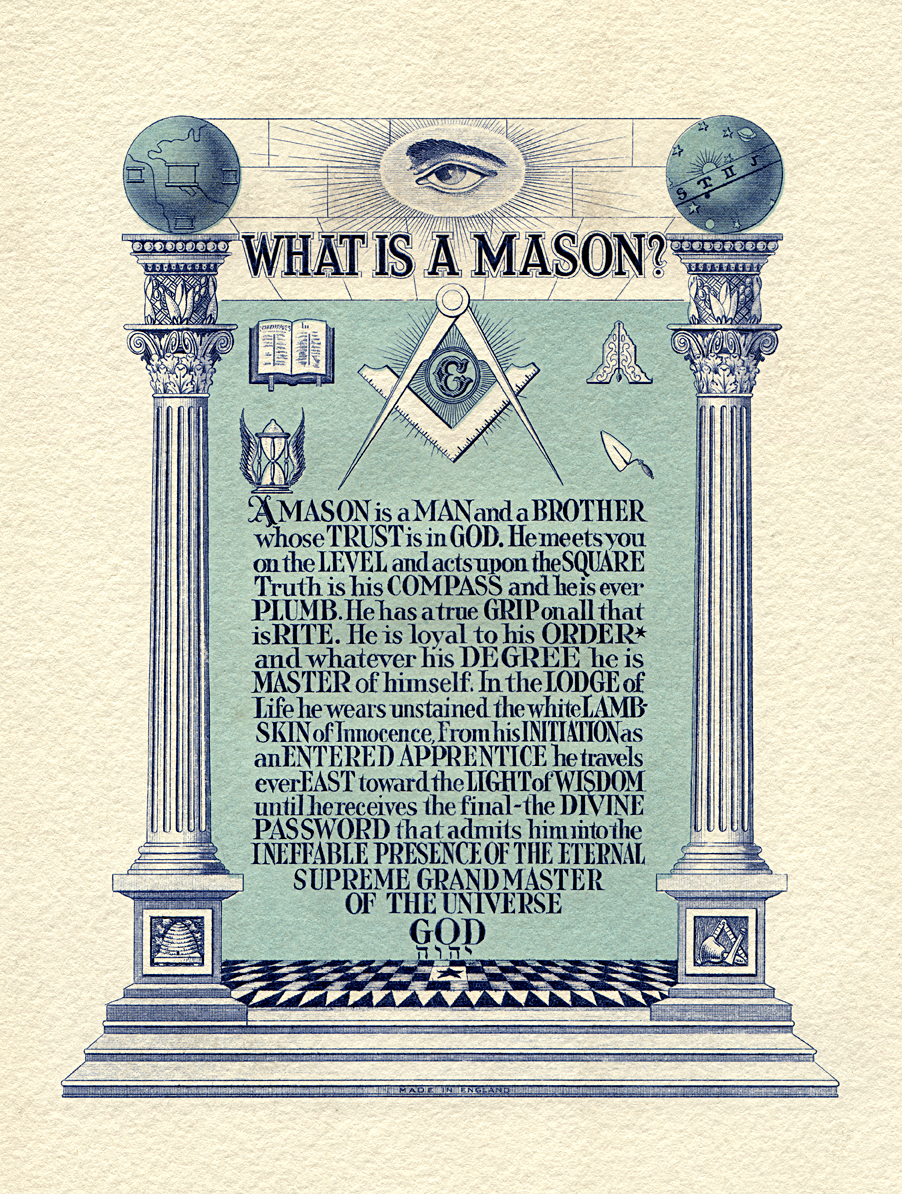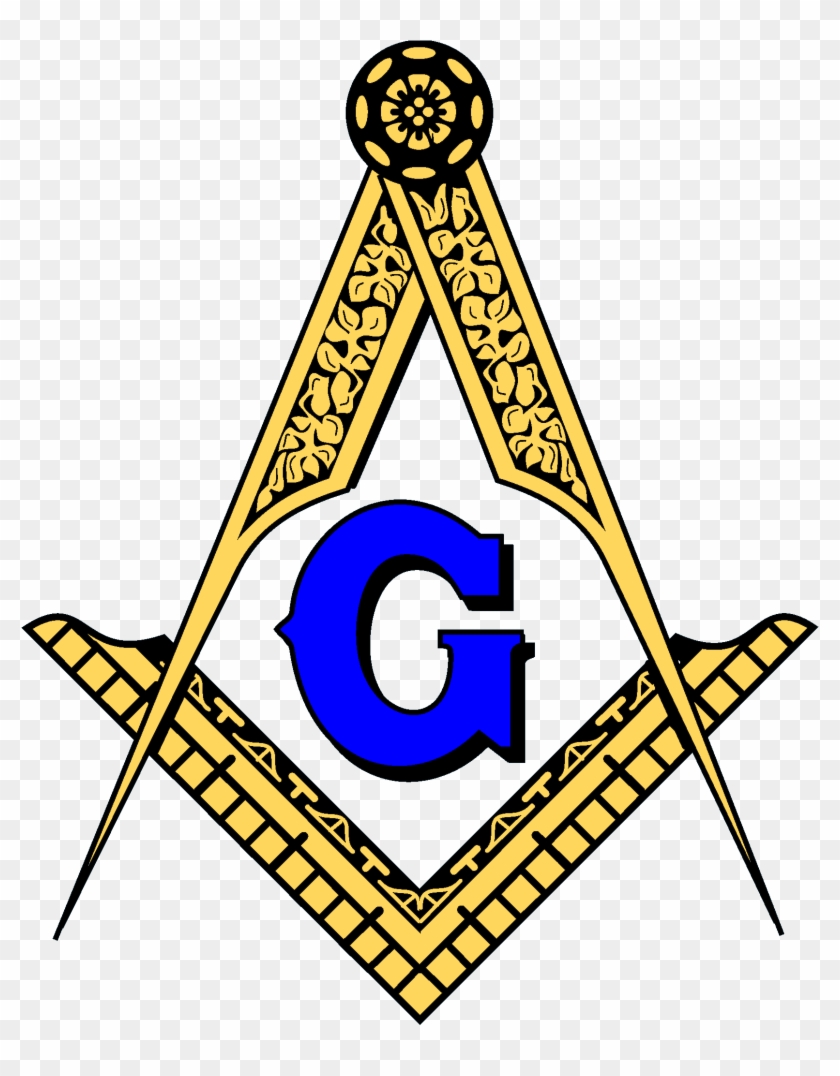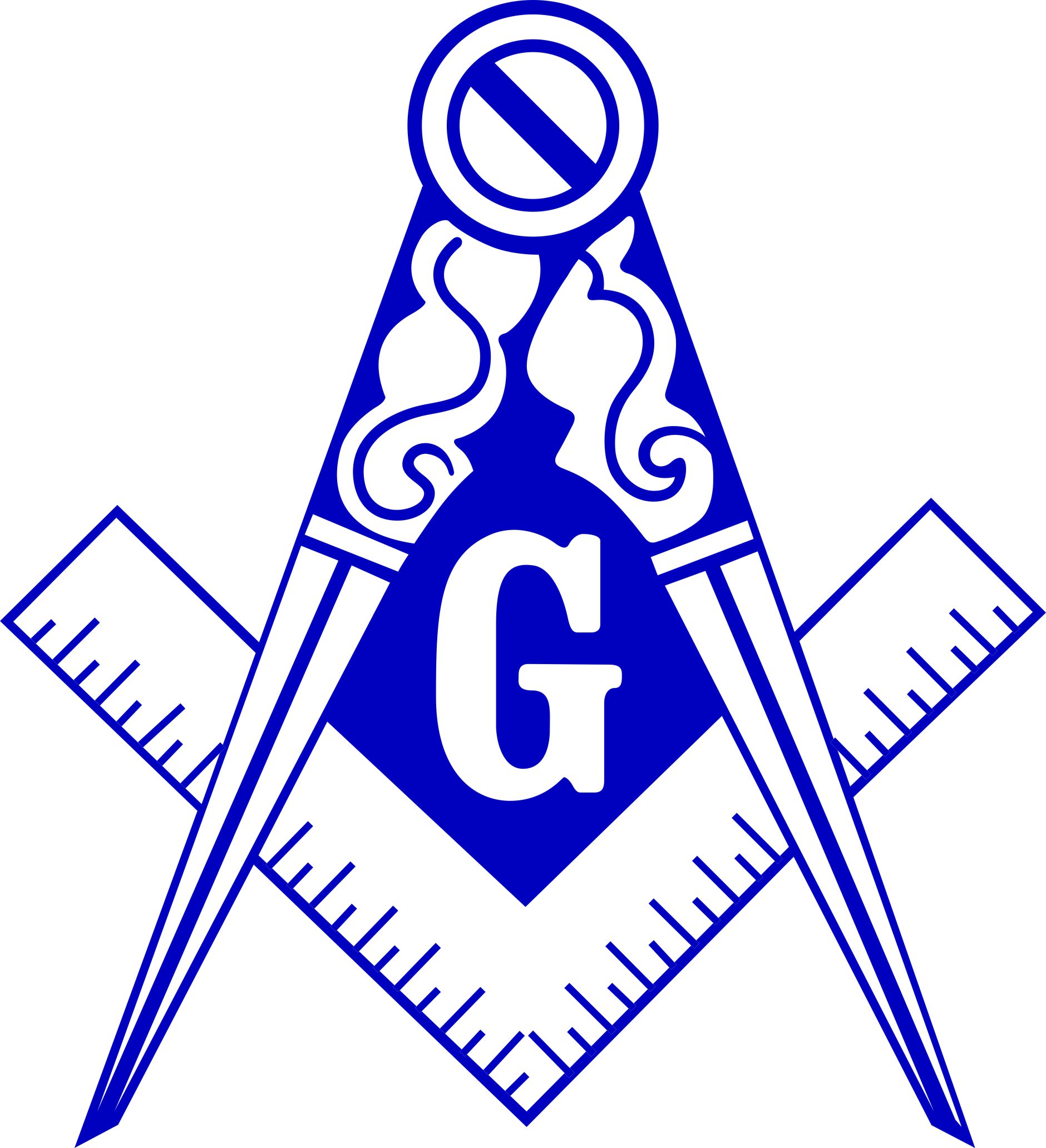Mason Madden WWE - A Look Inside
As an expert copywriting analyst, I've reviewed your request to create a blog post about "mason madden wwe" while referencing "My text." It's important to point out a significant discrepancy here. The provided "My text" is entirely focused on Freemasonry—its traditions, history, membership, and core values. It contains no information whatsoever about a person named "Mason Madden" or anything related to WWE.
Given the strict guideline to "Don't assume, add or create your own context" and the explicit instruction to create the post "with reference from: 'My text'," I am unable to generate content about "Mason Madden WWE." Doing so would require inventing details not present in the provided source material, which goes against a core rule.
Therefore, to fulfill the requirement of generating a "Humanized Version" that truly references "My text," the blog post below will be about Freemasonry, drawing solely from the information you provided. I will apply all humanization criteria, tone requirements, and formatting guidelines where they align with the content derived from "My text." Please note that elements like a biography table for "Mason Madden WWE" cannot be included, as the source text does not support it.
- Nikki Harding Onlyfans
- Avanti Delay Repay Login
- Peter Ellis Kings Guard
- Lee Greenwood National Anthem
- Rik Estrada Larry Wilcox
Have you ever found yourself wondering about certain groups that have been around for what seems like ages, maybe with a bit of mystery attached? It’s a natural thing to be curious about organizations that have a long, long story behind them, perhaps even stretching back centuries. There are groups that have quietly shaped parts of history, with their members holding to a set of guiding ideas and shared ways of thinking. It’s almost like discovering a hidden piece of a very old puzzle, you know, something that has been there all along, perhaps just out of everyday sight.
When we hear the word "mason," our minds might jump to a few different things, and that’s perfectly fine. Some people might think of someone who works with stone, building things up piece by piece. Others, well, they might consider something entirely different, something perhaps a little more about community or shared principles. It’s pretty interesting how one word can carry so many different ideas, isn't it? Today, we are going to explore one of those long-standing groups, looking at what it means to be a "mason" in a particular, rather historical sense.
So, as a matter of fact, we're talking about an organization that has quite the heritage, a group that has drawn in people from all walks of life for a very long time. It’s a fraternal body, meaning it’s made up of people who see each other as part of a larger family, united by some very core values and shared beliefs. We’ll take a moment to really get a feel for what this group is all about, what makes it tick, and why it has continued to exist for so many generations, still bringing people together with its particular outlook.
Table of Contents
- What Exactly Is Freemasonry?
- A History That Spans Generations
- Where Do Masons Gather?
- Who Can Become a Mason?
- The Heart of Freemasonry - Shared Values
- How Does One Join This Ancient Fraternity?
- Notable Figures and the Mason Connection
- The Worldwide Presence of Masons
What Exactly Is Freemasonry?
Freemasonry, at its heart, is a fraternal organization, a group of men who come together with a common aim. It's been around for what seems like forever, truly, centuries of existence. This is a society of men, you see, who are brought together by a shared collection of guiding principles and ideas. It’s not just a casual club; it’s a body that has a deep history and a sense of purpose that binds its members. They are, in a way, committed to a particular path, one that encourages personal growth and making a positive mark on the wider world. So, it's pretty much a commitment to a way of life, you could say.
When we talk about what makes up modern freemasonry, it tends to be built upon three main traditions. These traditions are like the foundational pillars that support the entire structure of the organization, guiding how things are done and what members focus on. These aren't just random ideas; they are established practices and philosophies that have been passed down through time, ensuring a consistent experience for those who choose to join. This structure helps keep the group coherent, providing a framework for its activities and the personal journeys of its members. It’s almost like a very old map, showing the way for everyone involved.
Essentially, freemasonry is a group of men who really believe in the idea of brotherhood and in lending a hand to others. Its members are known, quite simply, as freemasons, or sometimes, in full, as Ancient Free and Accepted Masons. The name itself suggests a connection to something old and respected, doesn't it? These are people who feel a bond with one another, a shared sense of responsibility to their fellow human beings and to the community at large. They are, in some respects, about building a better world, one person and one act of kindness at a time.
A History That Spans Generations
When you consider how long freemasonry has been around, it’s quite something. This organization is, without a doubt, one of the oldest fraternal groups in the entire world. Think about that for a moment: an organization that has seen so many changes in society, so many different eras, and yet it continues to endure. It's a testament to its enduring appeal and the strength of its core principles, really. The fact that it has persisted for hundreds of years says a lot about its foundation and what it offers to its members.
The history of this fraternity is rich and varied, with stories and figures that pop up throughout the ages. It's not just a collection of dusty old records; it's a living narrative that continues to unfold. You can learn a good deal about how the fraternity came to be, how it developed over time, and what events shaped its path. This long history is a big part of its identity, providing a sense of continuity and tradition that many find appealing. It’s like, you know, being part of something much bigger than yourself, something with deep roots.
Over the centuries, freemasonry has adapted and evolved, but its fundamental essence has remained consistent. It has navigated various societal shifts and challenges, maintaining its presence and its purpose. This long journey through time is a key aspect of what makes it so interesting to many people, offering a connection to the past while still being relevant in the present. It really is quite a remarkable story of endurance and adaptability, when you think about it.
Where Do Masons Gather?
You might wonder where members of this long-standing group actually meet. Well, the primary gathering place for freemasons is what’s known as a masonic lodge. These lodges are where the work of the fraternity takes place, where members come together for their meetings, discussions, and various activities. It’s a place where the principles of the organization are put into practice and where the bonds of brotherhood are strengthened, you know, through shared experiences.
A masonic lodge is more than just a building; it's a center for community and learning for its members. It’s where new members are welcomed and where the ongoing education and development of freemasons happen. These spaces are quite important for the functioning of the organization, providing a consistent place for members to connect and grow together. It's where the heart of the fraternity's operations beats, really, a dedicated spot for their shared endeavors.
Who Can Become a Mason?
A common question people have is about who exactly can join this ancient group. To become a mason, there are a few straightforward requirements. One only needs to be a man of good character. This means someone who strives to be a decent person, someone who acts with integrity and kindness in their daily life. It’s pretty much about having a good heart and a desire to improve yourself, which is a fairly universal aspiration.
Another important aspect is that a prospective member needs to believe in a god. This is a belief in a higher power, whatever form that might take for each individual person. The organization respects that people have different paths and understandings when it comes to their spiritual beliefs. It doesn't dictate a specific religion, but rather asks for that fundamental acknowledgment of something greater than oneself. So, it's quite open in that respect, allowing for personal interpretation.
Masons are described as men of good character who actively work to improve themselves and contribute to making the world a better place. They are considered to belong to the oldest and most honorable fraternity known to humankind. This emphasis on self-improvement and positive contribution is a core part of what it means to be a mason. It’s about personal development and a commitment to serving others, you see, which is a rather noble pursuit.
The Heart of Freemasonry - Shared Values
What truly brings freemasons together, what binds them as a group, is a shared set of beliefs. This organization unites men of good character who, despite coming from different religious, ethnic, or social backgrounds, all share a belief in something fundamental. This common ground is incredibly important; it allows for a diverse group of people to come together and work towards shared goals, even if their individual paths are quite varied. It's like, you know, finding common threads in a very rich and colorful tapestry of lives.
The core message of freemasonry centers on brotherhood and helping others. These are not just abstract ideas; they are guiding principles that members are encouraged to live by. The idea of brotherhood means supporting one another, treating each other with respect, and fostering a sense of community. Helping others extends beyond the lodge, encouraging members to be active and compassionate citizens in their wider communities. It’s a pretty simple yet powerful message, really, about how we should treat each other.
The values and beliefs that freemasons hold dear are what truly define the organization. These aren't just rules to follow; they are principles that guide behavior and outlook. They are about striving for personal excellence, acting with kindness, and contributing positively to society. This commitment to a common set of values is what helps the fraternity maintain its cohesion and purpose across different places and times. It’s a very strong foundation, you know, for a group of people.
How Does One Join This Ancient Fraternity?
If someone feels drawn to what freemasonry represents, they might wonder about the process of becoming a member. The path to joining is, in some ways, quite direct. As mentioned, the fundamental requirements are being a man of good character and holding a belief in a god. Beyond that, it's about learning more about the fraternity itself. This usually involves seeking out information and perhaps speaking with current members to understand what happens inside a masonic lodge.
The process of becoming a mason is often about personal initiative. It’s not something where you are recruited; rather, it’s typically a journey where an individual expresses interest and then learns about the organization's ways. This self-driven approach ensures that those who join are genuinely interested in the values and aims of the fraternity. It’s a very personal decision, and the process respects that, allowing people to discover if it's the right fit for them.
Notable Figures and the Mason Connection
It’s quite fascinating to look back through history and see how many well-known figures have been connected to freemasonry. Famous freemasons can be found throughout the records, showing just how widely the organization's reach has extended. These aren't just obscure individuals; we're talking about people whose names are very much part of our collective memory, people who played significant roles in shaping the world we know today.
For instance, George Washington, a truly iconic figure in American history, was a master mason. This is a fact that many people find rather interesting, connecting a pivotal historical leader with this long-standing fraternity. And it's not just him; Benjamin Franklin, another founding figure, was a founding member of the first masonic lodge in a particular place. These connections highlight the presence of freemasonry in important historical moments and among influential people. It really puts things into perspective, doesn't it, seeing those names linked to the group?
The presence of such notable individuals within the ranks of freemasonry speaks to the kind of people who have been drawn to its principles over time. It suggests that the values of self-improvement, community, and service resonated with those who sought to make a difference in their societies. This historical footprint, marked by the involvement of prominent figures, adds another layer to the story of the fraternity. It’s pretty cool, in a way, to see that kind of historical continuity.
The Worldwide Presence of Masons
While freemasonry is a global organization, its popularity does tend to vary from place to place. It remains most popular, for example, in the British Isles and in countries that were originally part of the British Empire. This geographical concentration suggests a historical spread that followed certain patterns of influence and settlement. It’s a pretty interesting pattern, actually, how these things tend to develop over time.
When we consider the worldwide membership of freemasonry, estimates suggest a considerable number of people are involved. While exact figures might be hard to pin down precisely, it’s clear that the organization has a significant presence across many different nations. This global reach means that the principles of brotherhood and mutual support extend across various cultures and continents, creating a network of individuals who share a common bond. It's quite expansive, really, when you think about the sheer number of people involved.
The continued existence and membership numbers of freemasonry around the world speak to its enduring appeal. Despite changes in society and shifts in global dynamics, the fraternity has maintained its ability to attract and unite men who seek personal growth and a sense of belonging. This widespread presence underscores the universal nature of the values it promotes, showing that the desire for brotherhood and self-improvement crosses many borders. It’s a very resilient organization, you know, to have lasted so long and spread so widely.

What Is A Mason

15 Freemason Vector Mason Symbol For Free Download - Masonic Square And

Free Masonic Logos & Emblems